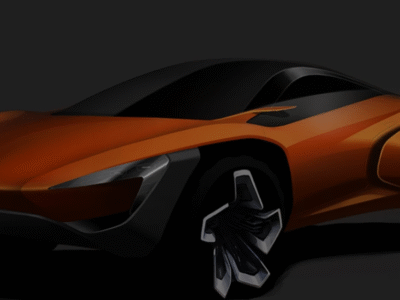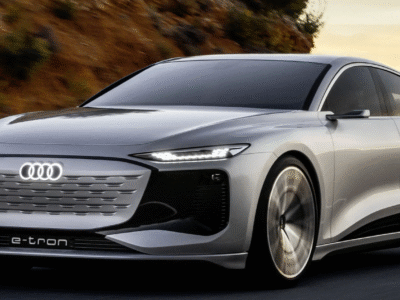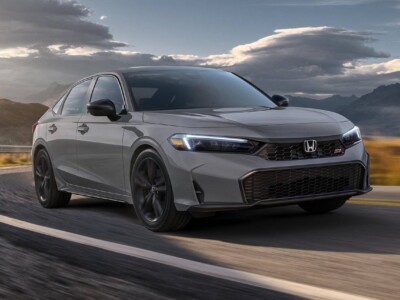
Selecting the type of engine is one of the most crucial decisions when pondering, “What car should I buy?” The current options available are diesel, gasoline, and hybrid. In this article, we will analyze the characteristics of each and discuss their advantages and disadvantages, aiming to help you choose a vehicle that best suits your needs.
Diesel
Diesel cars are known for their fuel efficiency, especially on highways. If you’re wondering what car to buy and frequently travel long distances, a diesel option might be perfect. However, they are often more expensive and require specialized and costly maintenance.
Advantages of buying a diesel car:
- Greater fuel efficiency.
- More power than gasoline engines for transporting heavy loads.
- Longer lifespan than gasoline engines.
- Require less maintenance due to fewer moving parts.
- Do not emit carbon dioxide, making them less polluting.
Disadvantages of buying a diesel car:
- Generally more expensive than gasoline or hybrid cars.
- Require specialized maintenance.
- Diesel fuel is usually more expensive than gasoline.
- Diesel engines are noisier.
- Less efficient in short-distance travel.
Gasoline
Gasoline cars are the most common choice for many car buyers. They offer high power and acceleration, with more economical and straightforward maintenance compared to diesel. Gasoline cars are generally less expensive but have higher fuel consumption and emissions.
Advantages of buying a gasoline car:
- Lower initial cost than diesel or hybrid cars.
- Gasoline engines are easier and cheaper to maintain.
- Lower gasoline consumption in modern engines.
- High power when increasing revolutions.
Disadvantages of buying a gasoline car:
- Generally higher fuel costs, especially in large and heavy vehicles.
- Gasoline engines emit more pollutants.
- Not recommended for high daily mileage.
- Lower cargo capacity.
- Shorter lifespan than diesel engines.
Hybrid
Hybrid vehicles, combining an internal combustion engine with one or more electric motors, aim to enhance fuel efficiency and reduce emissions. They offer various driving modes and often include energy regeneration systems.
Advantages of buying a hybrid car:
- Greater fuel efficiency and long-term cost savings.
- Lower carbon dioxide and gas emissions than diesel or gasoline cars.
- Quieter operation than diesel or gasoline engines.
- Lower maintenance costs.
- Superior performance and efficiency in urban settings.
Disadvantages of buying a hybrid car:
- Higher initial cost compared to gasoline or diesel cars.
- Maintenance and repairs are more expensive.
- Typically lower cargo capacity.
- Hybrid cars are heavier, affecting overall performance.
- Dependency on electric charging and limited model availability.
The choice between diesel, gasoline, or hybrid depends on individual needs, long-term economic and environmental impacts, and other factors of interest. Evaluate the advantages and disadvantages to make an informed decision on the vehicle that best fits your requirements.







